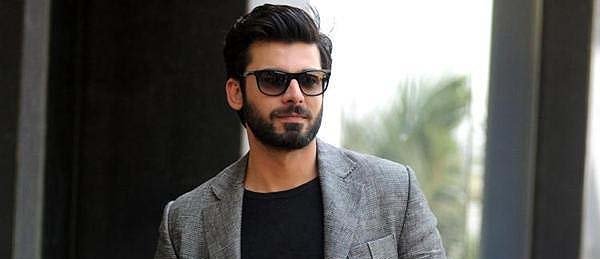As the whole world knows about the relationships between Pakistan and India especially the recent Uri attacks in 2016 when many soldiers were injured and lost their lives. There has been a wedge between the both countries after the attacks. The relation between Pakistan and India turned more uglier that Pakistani artists were banned in India by IMPAA. Also Pakistan banned showing Bollywood movies in cinemas for some time.

Pakistan’s most well known actor Fawad Khan made his debut alongside Sonam Kapoor in Khoobsurat which was followed by Dharma Productions’ Kapoor and Sons. His second film got him much respect after he played the role of a closeted gay man. Ae Dil Hai Mushkil was his third film which he did not get to promote due the ongoing protests.
Fawad Khan finally speaks to media about his relationship with the Indian film industry and the actors. “I’m still in touch with a lot of my friends there. Nothing’s really changed. Obviously, I’m not a man of steel in that people’s words don’t affect me. They might hurt me. But I am becoming immune to it as time goes by. I have no expectations from them, and that’s what I think has developed this camaraderie. Even if I don’t work with them ever again, I’ll still always have love and regard for them, and I assume that’s how they feel as well. That’s why we’re still in touch. We even make plans to meet, to catch-up.”
Fawad even highly talked about Bollywood and things he has learned working in India. He said, “Thing is, in Bollywood they’ve got their systems in place. It’s a monster machine that’s churning out like 400 films a year, consistently. They’re able to efficiently process things. For example, when I was on the set of Khoobsurat there would be a team of auditors who’d be analyzing the cost of each day. Seeing it practically kind of reinforces your belief that planning is very important. There are a few producers who are doing that here and it’s encouraging to see that. But other than that, if you talk about acting, I think I’ve learned as much there as I have here [Pakistan].”

